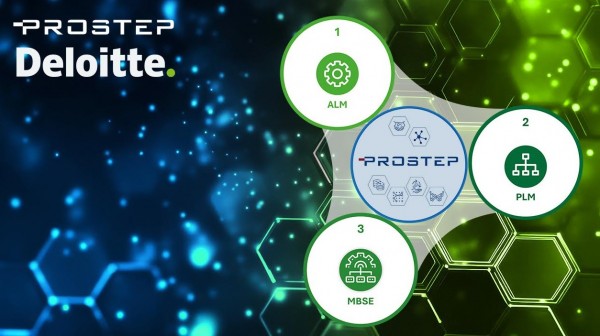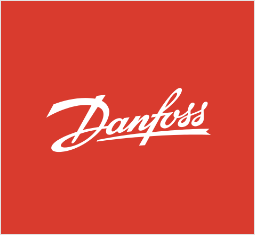Business News Deloitte's Smart Factory demonstrates digital process chains in action
페이지 정보
작성자 최고관리자 댓글 0건 조회 1,162회 작성일 25-07-27 12:44본문
Deloitte's Smart Factory demonstrates digital process chains in action
In Düsseldorf, Deloitte has opened the "Smart Factory", a model factory where customers can experience Industry 4.0 live.
It is intended for all industries involved in the development and production of cyber-physical systems and which have to organize collaboration between different specialist departments and integrate a large number of stakeholders inside and outside the company. Deloitte and PROSTEP have implemented a number of practice-oriented use cases for end-to-end data processes at the factory, with a digital process chain that links requirements engineering, model-based systems engineering and development serving as an example.
The use cases demonstrate how end-to-end traceability works and how the foundation for AI-assisted processes can be laid.
The two partners worked closely together on developing the end-to-end engineering process chain, bringing together both Deloitte's process know-how and PROSTEP's PLM integration know-how. PROSTEP's time-tested
OpenPDM solution, which is part of its digital thread platform, provides the basis for the integration solution. It offers standard connectors to all leading PLM, ALM and ERP systems, thus minimizing integration and maintenance costs.
"We chose PROSTEP as our partner because the company has decades of experience integrating heterogeneous system landscapes in regulated industries. Our two companies operate in a large number of different industries such as the automotive, defense, aerospace, medical technology, plant engineering and shipbuilding industries. We complement each other perfectly," says Tino Krüger, Partner Product Strategy & Lifecycle Management at Deloitte.
The integrated IT system landscape facilitates seamless collaboration in system development, which means that different specialist departments can achieve the highest possible level of quality and efficiency in their preferred expert systems. It also helps shorten development cycles and meet compliance requirements relating to traceability, like those required by A-SPICE, CSMS standards and MDR.
The use cases are based on frequently occurring development processes along the V-model. The stakeholders' requirements are initially recorded in PTC Codebeamer and transferred to Dassault Systèmes' Catia Magic Cyber Systems Engineer (formerly Cameo Systems Modeler) for the purpose of modeling the system architecture and deriving additional functional and system requirements. Once a specific level of maturity has been reached, the complete requirements package is passed on to Siemens Teamcenter for further development.
A major advantage of the implemented use cases is that the automated data interfaces make collaboration across domain boundaries easier, as Peter Pfalzgraf, Partner Manager at PROSTEP, explains. "The solution ensures consistent data statuses in the connected IT systems and guarantees cross-system traceability. It thus makes a contribution to speeding up the development of complex systems, which involves collaboration between multiple specialist departments."
■ Contact: PROSTEP Group https://www.prostep.com/en/press.html













